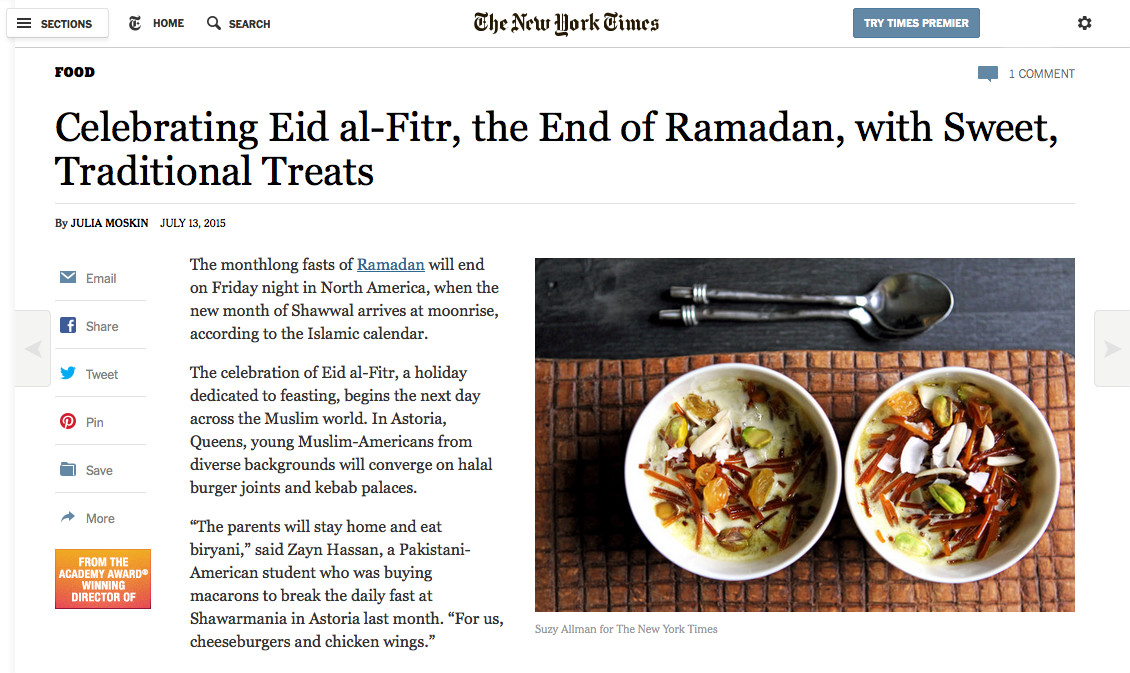In a column published March 31 in the Orlando Sentinel (“Women overseas must taste fruits of feminism”), Jonah Goldberg suggests that the work of feminists in the US is largely done. Equality has largely been achieved, he argues, and now is the time to take the feminist movement overseas. Our next destination? The Muslim world. We can all agree with Goldberg that the Egyptian army’s use of virginity tests to humiliate female prisoners is despicable, though we might point out that the Egyptian army remains strong in part due to America’s generous $1.3 billion yearly military-aid package.
It is also easy to sum up outrage at his description of the rapes of Iranian dissident women by prison guards. Yet the strategy of trotting out a few news stories about violence against women in Muslim lands, and then using them to justify a pattern of behavior implicit in an entire religion, ignores a pertinent fact. In Muslim countries, there are women’s-rights groups quite capable of fighting these battles for feminism themselves.
What we might ask instead is how we could build bridges with these groups, and learn more about the support they need. Yet all too often, women’s rights have been far down the list of American foreign policy concerns in the Muslim world.
The issue of violence against Muslim women is often brought up to justify military intervention. Yet when the initial fervor of invasion dies down, women are just as quickly forgotten in the quagmire of occupation that follows.
Take Afghanistan, for example. The situation of Afghan women has been cited as a reason to intervene militarily, yet although elite women are now represented in parliament and girls’ education is no longer forbidden, the situation has not improved for most poor Afghan women. Suicide rates have increased; education rates for girls are appallingly low; and forced child marriage, rape and violence still take place with impunity.
The “real war for women’s equality,” Goldberg states, “is now a battle to be fought on foreign lands.” Militaristic metaphors aside, there is little evidence that American strategies for winning hearts and minds in the Muslim world have ever included women in any substantive way.
And before we declare the feminist movement to be “largely played out” in America, let’s look at our own statistics. According to the U.S. Justice Department, a staggering 18 percent of women in this country are raped during their lifetimes, and an average of 1,200 women are murdered each year by a spouse or partner. So before jetting off to save the Muslim world with feminism, we would do well to get our own affairs in order here at home.
Rachel Newcomb is associate professor of anthropology at Rollins College and the author of “Women of Fes: Ambiguities of Urban Life in Morocco.” This article originally appeared in the Orlando Sentinel.




